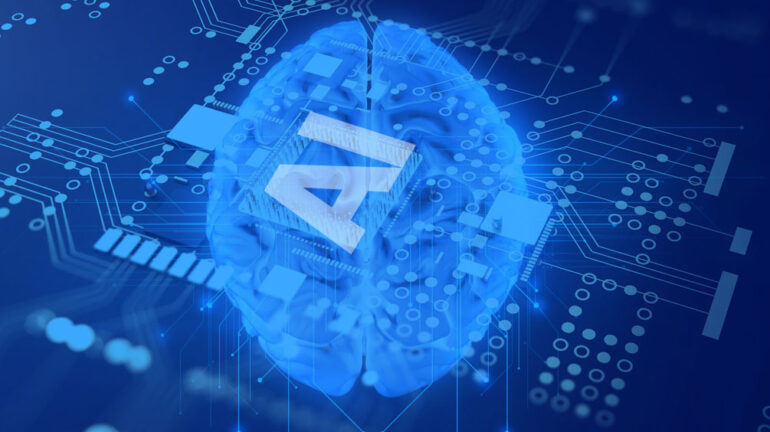
AI is playing an increasingly crucial role in transforming the manufacturing industry by enhancing efficiency, productivity, and quality across various processes. Here’s an overview of the key roles AI is playing in manufacturing:
Predictive Maintenance: AI can analyze sensor data from manufacturing equipment to predict when maintenance is needed, reducing downtime and preventing costly breakdowns.
Quality Control: AI-powered systems can identify defects and anomalies in real-time by analyzing visual data from cameras and sensors, ensuring consistent product quality.
Supply Chain Optimization: AI can analyze historical and real-time data to optimize inventory management, demand forecasting, and logistics, reducing costs and ensuring timely deliveries.
Production Line Optimization: AI can monitor production lines and adjust parameters in real-time to optimize efficiency, minimize waste, and reduce energy consumption.
Process Automation: AI-driven robots and robotic systems can automate repetitive and complex tasks, enhancing manufacturing speed and accuracy.
Collaborative Robots (Cobots): AI-powered cobots can work alongside human operators, increasing production efficiency and safety.
Inventory Management: AI can analyze consumption patterns and adjust inventory levels to prevent stockouts and excess inventory, leading to cost savings.
Product Design: AI can assist in designing products by analyzing data and suggesting improvements based on performance, materials, and customer feedback.
Demand Forecasting: AI can analyze historical data and market trends to accurately predict future demand, allowing manufacturers to adjust production accordingly.
Energy Management: AI can optimize energy usage by analyzing data from sensors and equipment to identify opportunities for energy conservation.
Smart Maintenance Scheduling: AI can optimize maintenance schedules based on factors like equipment usage, operational patterns, and available resources.
Real-time Monitoring: AI-enabled sensors and IoT devices can provide real-time insights into equipment performance and conditions, enabling proactive decision-making.
Customization and Personalization: AI can facilitate mass customization by adjusting production processes to meet individual customer preferences.
Supplier Relationship Management: AI can analyze supplier performance data to assist in making informed decisions about sourcing and partnerships.
Workforce Safety: AI can monitor employee behavior and equipment conditions to ensure a safe working environment, reducing accidents and injuries.
Waste Reduction: AI can identify opportunities for waste reduction by analyzing production data and suggesting process improvements.
Process Optimization: AI can identify inefficiencies in manufacturing processes and recommend optimizations for improved throughput and resource utilization.
Continuous Improvement: AI can provide insights for continuous process improvement by analyzing data and identifying areas for refinement.
Real-time Insights: AI-driven analytics can provide real-time insights into production operations, allowing manufacturers to make informed decisions quickly.
Regulatory Compliance: AI can help manufacturers stay compliant with regulations by monitoring processes and flagging deviations from standards.
The integration of AI in manufacturing is enabling the industry to move towards more efficient, flexible, and responsive operations. However, successful implementation requires careful consideration of data security, employee training, and the alignment of AI strategies with business goals.